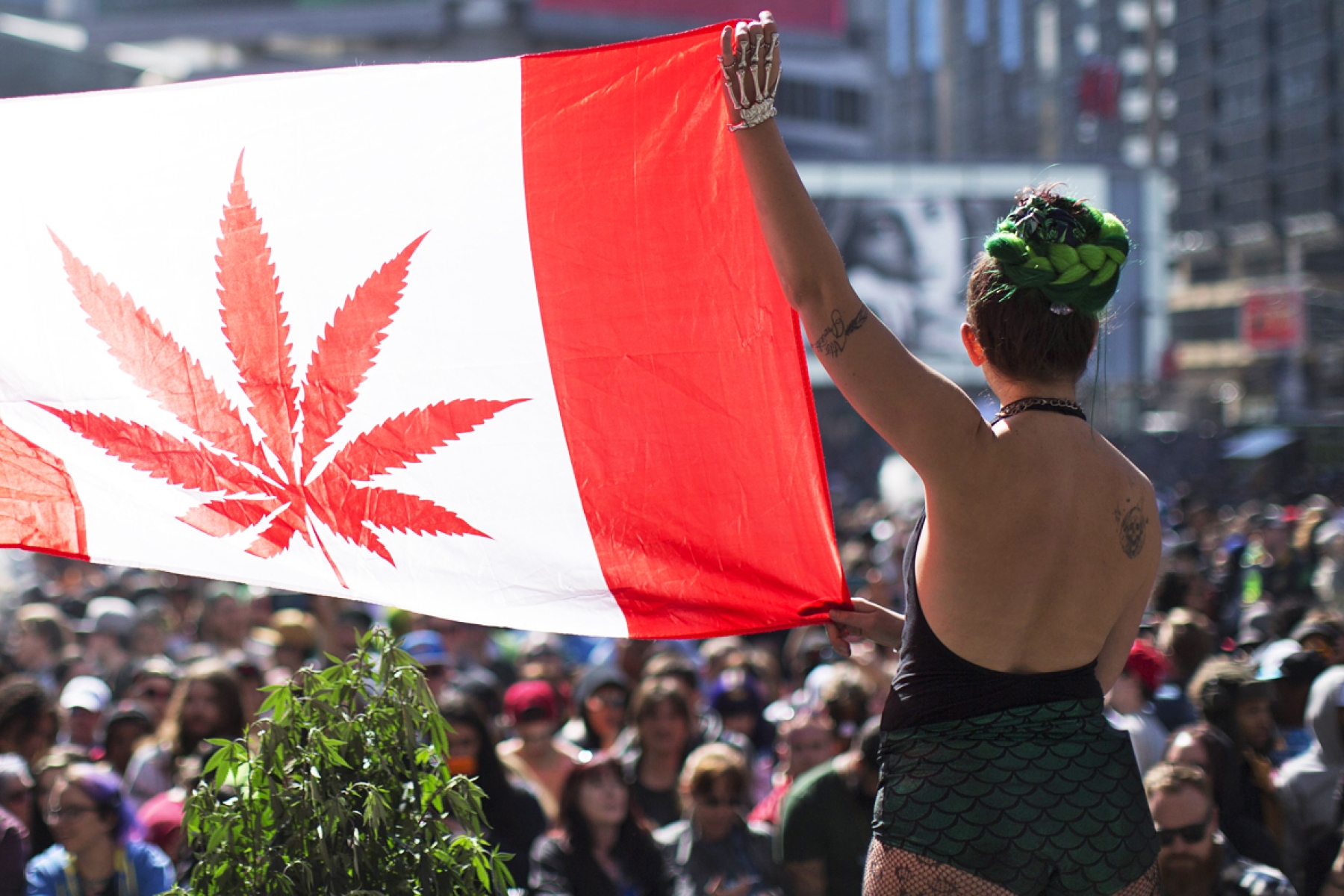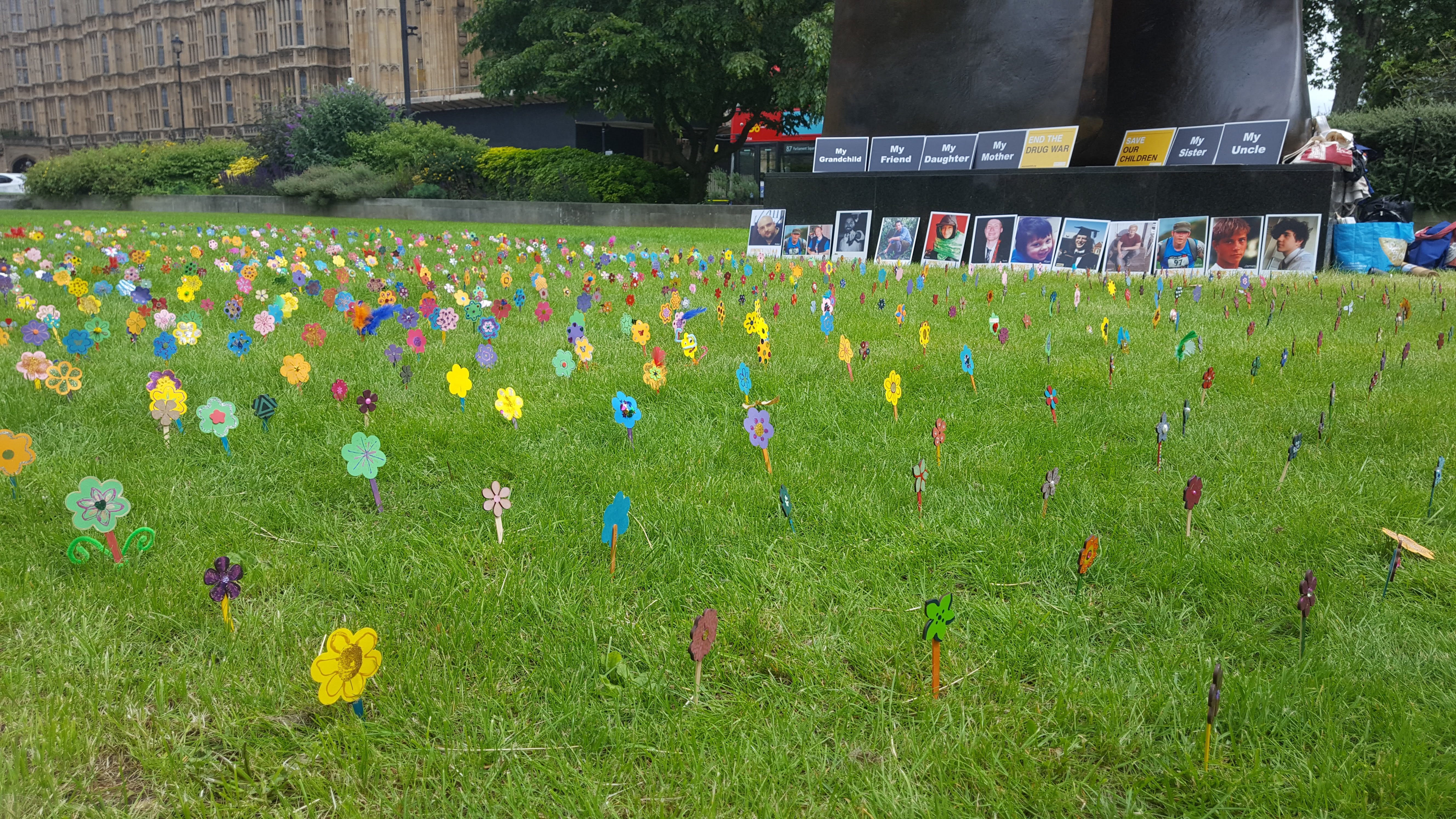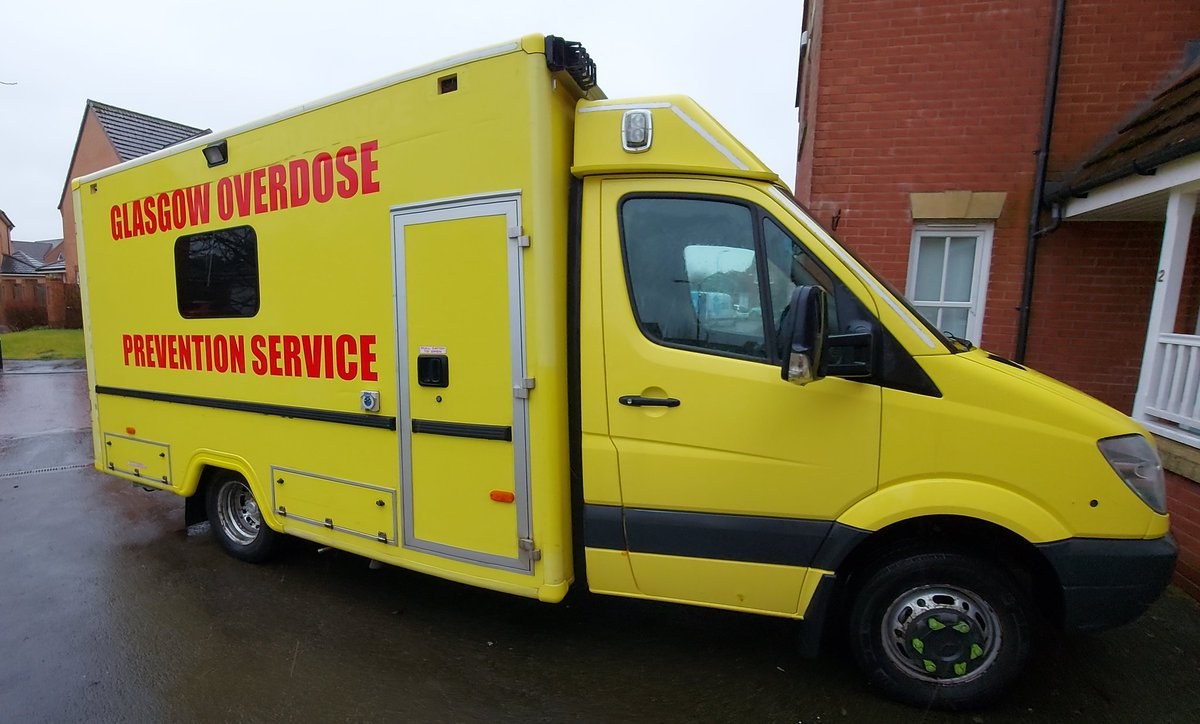5th February 2021
Supporters of Transform know all about the horrors of the war on drugs. Inevitably, we spend much of our time detailing the death, violence, corruption and trauma it has caused across the globe. We need to keep highlighting those problems, not least to remind everyone they are not inevitable and should not be acceptable.
Things, however, are not stuck – and we should celebrate our successes too.
In the last ten years, the global consensus on prohibition has been decisively broken. The legal regulation of cannabis in Canada, Uruguay, many US states, Luxembourg, Israel and elsewhere has proven countries are not simply shackled to the old way of doing things. The question is increasingly how to get regulation right, not whether it can happen. Conversation is now moving to alternatives to prohibition for other drugs as well, including MDMA and other stimulants as outlined in our most recent book.
Ten years ago, the idea that legal regulation would be established in major countries across the world seemed improbable. That has changed completely.

Similarly, the old principle that criminalisation is an effective response to drug issues is increasingly untenable. Police forces across the UK are adopting schemes where those arrested in possession of drugs are diverted into support rather than the criminal justice system. Many senior policymakers now recognise that criminalising people for minor possession is unjust, a waste of resources, and far too often acts as a lever of systemic racial injustice.
Globally, all the key United Nations agencies have now adopted a common position accepting that view, and are advocating for decriminalisation.
Of course, there remain huge areas of resistance, and the enforcement of drug laws remains a primary source of social injustice here and across the world. But the principle that drug use should not be a criminal justice issue is winning.
It is not so long ago that drug policy was seen by many politicians as too hot to handle – whatever their personal views on the rights and wrongs. That is also changing. As more countries break the deadlock, as more NGOs recognise the centrality of drug policy to the harms they address - be it in health, human rights, or development , and as more people with lived experience speak out so politicians are coming to see they can act on this issue, and be seen as sensible and responsible for doing so.

This year, more than ever, remaining taboos on calling out drug policy failures should be lifted. Once the gag is removed, we will discover just how many politicians have supported change all along.
In the UK, we have also seen a huge shift in attitudes; not just with diversion, but medical cannabis, naloxone provision, drugs safety testing, and heroin assisted treatment. Most recently, the high profile debate around Overdose Prevention Centres has come to symbolise the shifting political dynamics. The ability of OPCs to save lives is recognised globally. But, hamstrung as they are by our fifty year-old Misuse of Drugs Act, the UK government has dug in its heels and refused to allow so much as a pilot. But events have overtaken them. The decision by Peter Krykant to test the law by opening an OPC in Glasgow has broken the deadlock, and it seems inevitable that OPCs will be allowed across the UK before long.

We know that in fifty years’ time we will not have the kind of rigid, outmoded legislation of today – so it really is a question of if, not when. There’s a long way to go, but anyone who wants to see change should feel reassured at what we see around us. Movement is happening everywhere: now we all need to focus on pushing that change forward.




